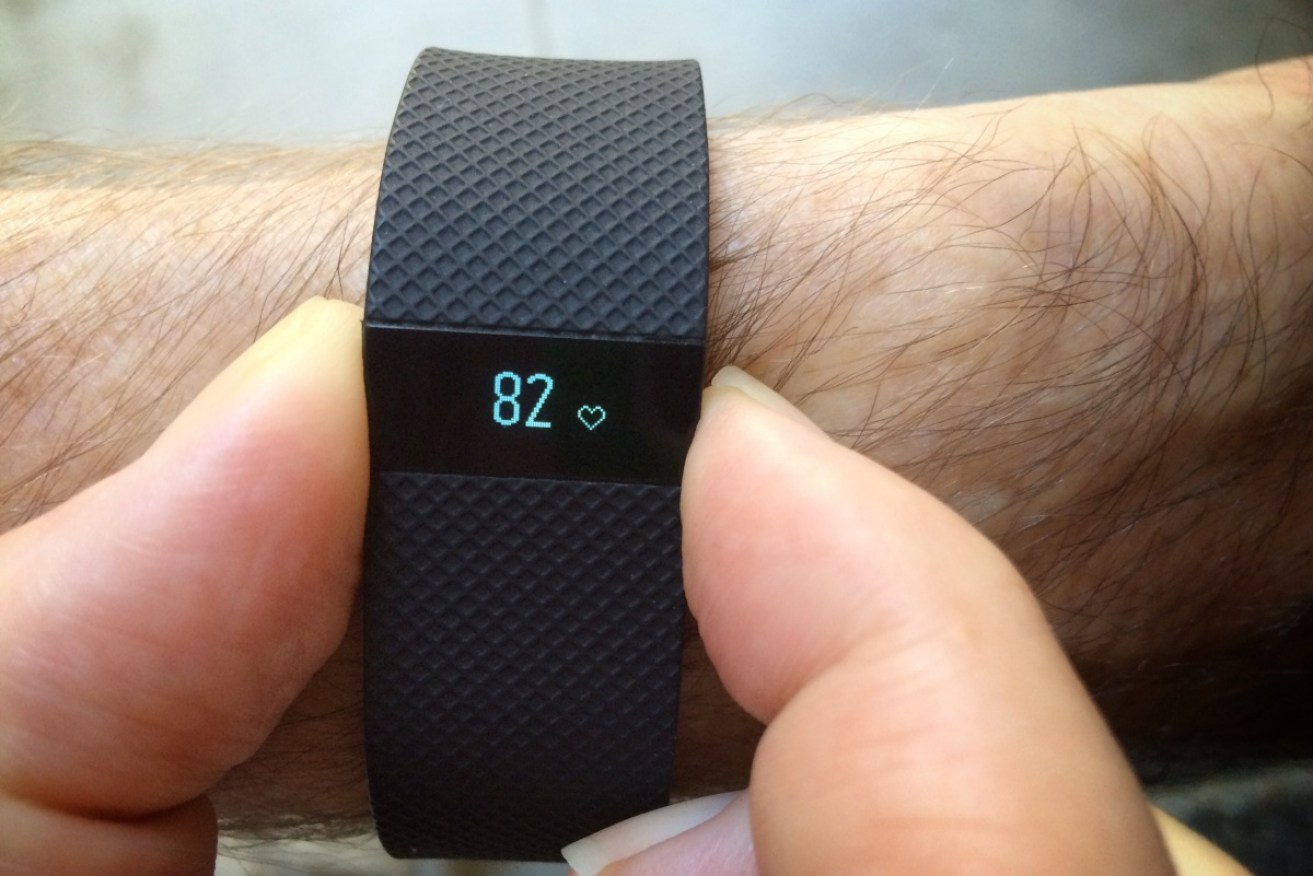Fitness trackers won’t improve your health


Fitbit was among the websites said to have been compromised. Photo: Getty Photo: Getty
Fitness trackers do nothing to actually improve health outcomes, even when coupled with cash incentives, according to new research.
A Singaporean study claimed that using a device like a Fitbit would not lead to an increase in physical activity.
The 12-month study surveyed 800 full-time workers who wore the devices to track their activity.
Within six months, 40 per cent of participants had ditched the devices. By year’s end, only 10 per cent continued to use them.
And the results do not come as a surprise to fitness experts.
“Generally people give up after 3-6 months,” JPS Health and Fitness personal trainer James Young said.
“Fitness motivation comes in waves and is highly dependant on results,” he said.
“As a Fitbit only measures calories burnt, it doesn’t advise on overall diet and training which are the two factors of fat loss.
“When people don’t achieve results due to lack of education in these areas, they will eventually give up without proper support and guidance, therefore ditching the Fitbit and its ‘failure’ connotations.”
The study separated the participants into four groups – those with a Fitbit Zip, a group without and two groups with the device who got a charitable donation or cash incentive when they reached a certain goal.
The last two groups received $15 for every week that they logged between 50,000 and 70,000 steps, or $30 if they recorded more than 70,000 steps.

Within a year, 90 per cent of participants stopped using their Fitbit. Photo: Fitbit
Over the year-long period, it found fitness improvements between the cash group and the control groups were not significant.
“We found no evidence that the device promoted weight loss or improved blood pressure or cardio respiratory fitness, either with or without financial incentives,” the study’s lead author, Professor Eric Finkelstein, said.
“While there was some progress early on, once the incentives were stopped, volunteers did worse than if the incentives had never been offered, and most stopped wearing the trackers.”
Fitbit responded to Tuesday’s findings published in the Lancet Diabetes and Endocrinology journal.

Fitbit claims the results speak for themselves. Photo: Getty
“We are confident in the positive results our millions of users have seen from using Fitbit products,” it said.
“In addition to the numerous studies that demonstrate the health benefits of fitness trackers, new research from Fitbit Group Health corporate wellness customers demonstrates the positive impact of corporate wellness programs on healthcare costs.”
Previous research also found similar results, when a US-based study discovered those using fitness tracker Fit Core, lost less weight than those who monitored their own activity.
The two-year study found the devices that monitor and provide feedback on physical activity do not offer an advantage over standard behavioural weight loss approaches.
‘Fitness trackers are have their place’

Fitness trackers are just one of many tools you can use for health improvement. Photo: AAP
Baker IDI Heart and Diabetes Institute’s head of physical activity Professor David Dunstan agreed with the findings.
“The evidence is not pointing definitively that [trackers] can improve health,” Professor Dunstan told The New Daily.
“I do think it serves its purpose but whether that leads to sustainable changes in physical activity is the question.
“The evidence shows it is not likely to lead to sustainable changes.”
However, Professor Dunstan said devices like Fitbit were a good starting point, but were just one of many tools you should use for health improvement.
“In combination with other strategies to address the barriers of physical activity, yes [it will improve your health],” he said.

Fitness trackers are not enough for many people to stay motivated. Photo: Fitbit
“For a person to wear a fit band and find out they are only doing 2000-3000 steps in the day, I think that is a big penny–drop moment that they need to do a little bit more throughout the day.
“Isolated on its own, however, it’s difficult to be able to drive large scale change simply through wearing an activity band.
“And unfortunately those that don’t wear those devices are not cognisant of their low physical activity that occurs throughout the day.”








